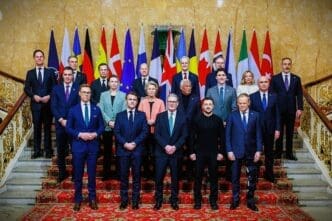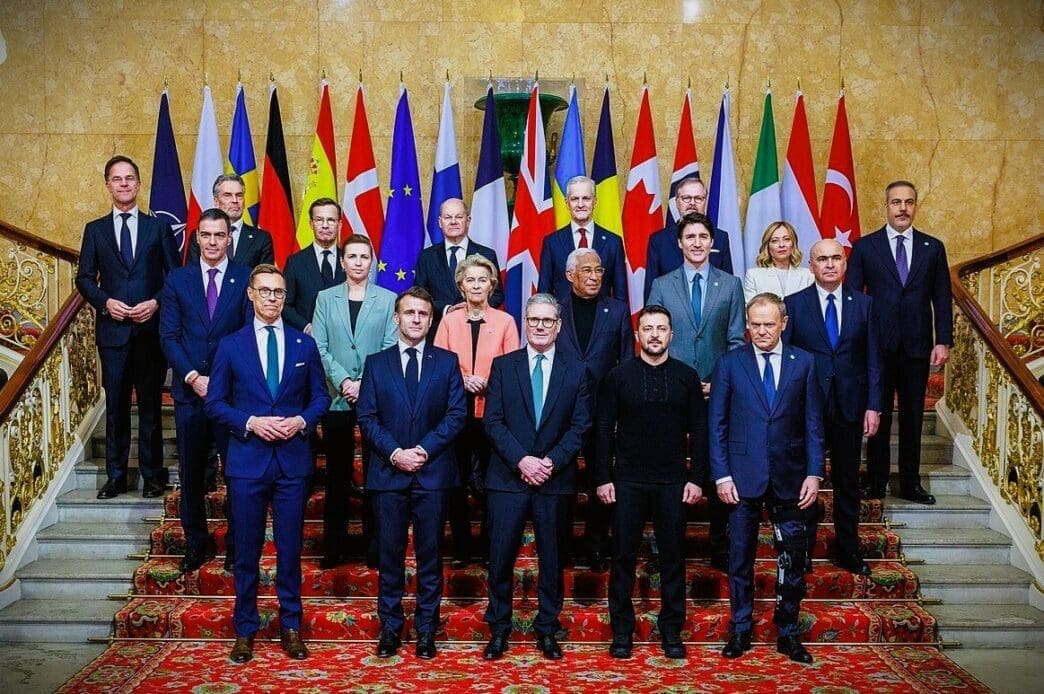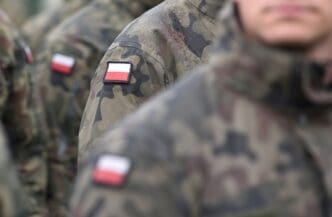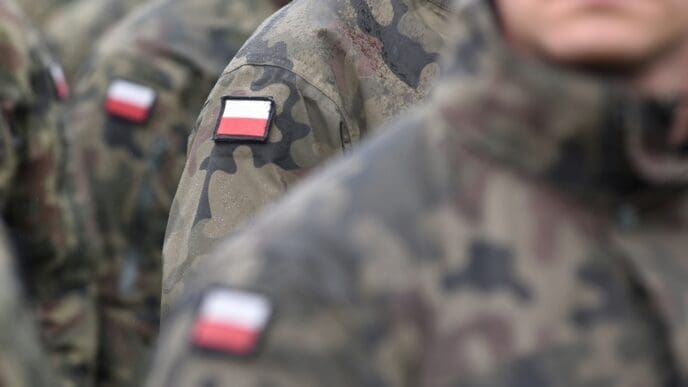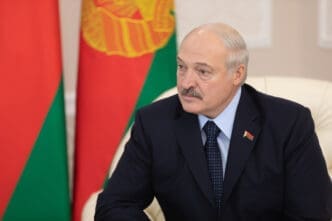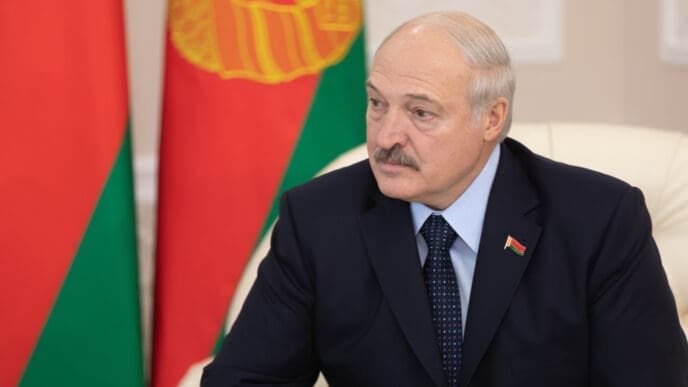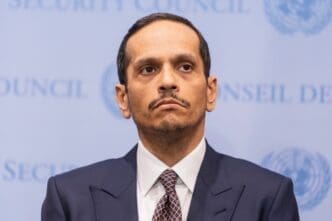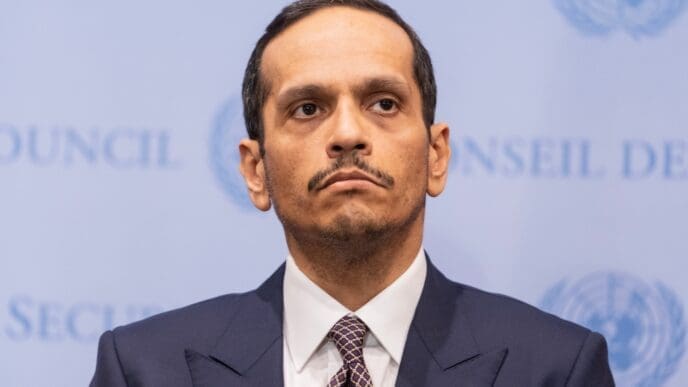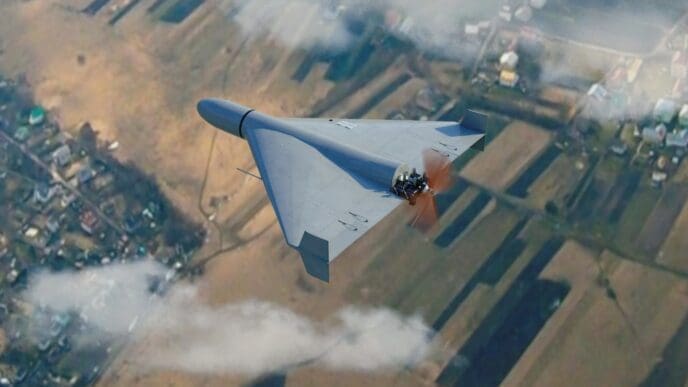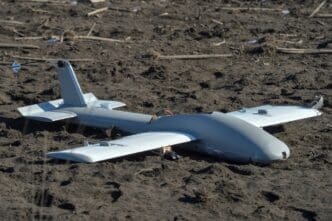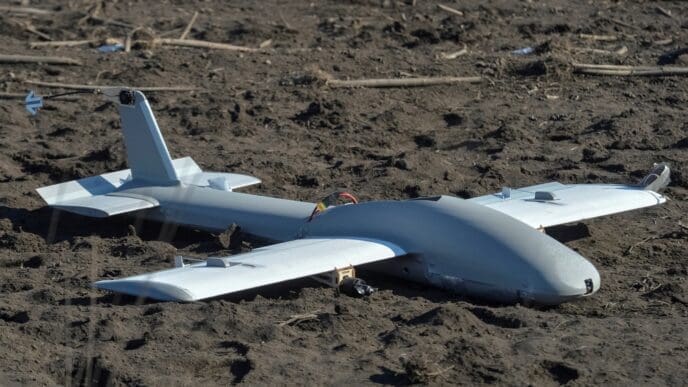Executive Summary
- Ukrainian President Zelensky and allies are working to define concrete security guarantees for Kyiv, with a “coalition of the willing” forming as NATO membership is unlikely given President Trump’s stance.
- Potential security guarantees for Ukraine include policing airspace, containing Russia’s Black Sea fleet, and providing land-based training and logistical support, while avoiding direct troop deployment.
- The central challenge is crafting guarantees robust enough to deter Russia without provoking it, with the U.S. role under President Trump being crucial but uncertain, particularly regarding “boots on the ground.”
The Story So Far
- Discussions around security guarantees for Ukraine are intensifying because Kyiv’s aspiration for NATO membership is currently unfeasible, with President Trump and other NATO members ruling it out due to concerns about escalating conflict with Russia. This situation necessitates alternative, robust assurances to deter future Russian aggression, even as Russia’s absolute opposition to NATO troops in Ukraine and its desire to influence any peace deal present a significant challenge to crafting effective yet acceptable guarantees.
Why This Matters
- The ongoing discussions around Ukraine’s security guarantees highlight a critical pivot away from immediate NATO membership, largely influenced by President Trump’s position, towards a “coalition of the willing” model, which aims to provide robust support without direct military intervention. This complex approach means Ukraine’s future security hinges on defining concrete international backing—ranging from air and sea policing to sustained military aid—while navigating the delicate balance of deterring Russian aggression without escalating conflict, with the long-term effectiveness of this untested framework remaining uncertain.
Who Thinks What?
- Ukrainian President Volodymyr Zelensky and Ukraine seek robust and concrete security guarantees, including a long-held aspiration for NATO membership, and are actively working to define the specific content of these assurances.
- The United States, represented by President Donald Trump, and some NATO members like Slovakia, rule out Ukraine’s NATO membership due to concerns about escalating conflict with Russia, though Trump has indicated the U.S. will be involved in future “reassurance forces” without “boots on the ground,” potentially with air support.
- A “coalition of the willing” comprising over 30 nations is forming to provide robust international backing to Ukraine after a potential peace deal, focusing on areas like policing airspace, safeguarding the Black Sea, and providing land-based military support through training, intelligence, and continuous weapons supply, but without deploying troops into Ukraine without Russian consent.
Discussions are intensifying among Ukraine and its allies regarding the specific nature of future security guarantees for Kyiv, following recent high-level meetings. Ukrainian President Volodymyr Zelensky has indicated that work is underway to define the “concrete content” of these assurances. Concurrently, a “coalition of the willing” comprising over 30 nations, led by Sir Keir Starmer and French President Emmanuel Macron, is forming to provide international reassurance to Ukraine after a potential peace deal, while Britain’s Chief of Defence Staff, Admiral Sir Tony Radakin, has been dispatched to Washington to coordinate U.S. involvement.
Defining Security Guarantees
The concept of “security guarantees” for Ukraine encompasses a broad spectrum of possibilities, ranging from direct military intervention to severe economic sanctions against Russia. A key point of contention is Ukraine’s long-held aspiration for NATO membership, which U.S. President Donald Trump has ruled out, a stance quietly supported by other NATO members like Slovakia, primarily due to concerns about escalating conflict with Russia.
Despite the unlikelihood of NATO membership in the near future, there is a clear consensus that Ukraine will require robust security assurances to deter any future Russian aggression. This objective underpins the formation of the “coalition of the willing,” designed to offer Ukraine international backing once a peace agreement is finalized.
Potential Areas of Support
One primary area where Western security guarantees could materialize is in policing Ukraine’s airspace. This could involve basing aircraft at existing airbases in neighboring Poland or Romania, potentially with U.S. participation. However, such operations would necessitate clear and robust rules of engagement to be effective beyond a symbolic gesture, ensuring pilots know when they can respond to violations.
The Black Sea also presents an opportunity for Western involvement to help contain Russia’s fleet and safeguard the free flow of commercial vessels from key Ukrainian ports like Odesa. This would be crucial for Ukraine’s economic stability and global food supply chains.
On land, the situation is more complex given Ukraine’s vast territory and a frontline stretching over 600 miles. Deploying sufficient troops from the “coalition of the willing” to secure this line is deemed impractical, and Russian President Vladimir Putin has reiterated his absolute opposition to any NATO troop presence in Ukraine. Therefore, land-based military support is more likely to focus on training, intelligence, logistical aid, and a continuous supply of weapons and ammunition to help rebuild Ukraine’s armed forces.
Russia’s Stance and U.S. Role
A significant challenge remains in determining what Russia would accept as security guarantees for Ukraine. While some commentators argue Moscow should have no say, the “coalition of the willing” is not prepared to send troops into Ukraine without Russian consent, citing the desire to avoid a broader conflict.
John Foreman, a former British military attaché in Moscow, suggests Russia might accept a U.S. security guarantee for Ukraine in exchange for formal recognition of occupied territories, effectively partitioning Ukraine, and a commitment to no NATO troops or Ukraine membership in NATO. He emphasizes that the “Coalition of the Willing is no substitute for US power.”
U.S. President Trump has indicated that the U.S. will be involved in future “reassurance forces,” but without “boots on the ground” in Ukraine. While he has hinted at the availability of U.S. air support, some experts remain cautious, given his past shifts in position regarding the conflict.
Lt.Gen (retd) Ben Hodges, who commanded U.S. Army forces in Europe, expresses skepticism about the U.S.’s commitment to delivering more than just words on security guarantees. He notes that European nations distrust President Putin and clearly identify Russia as the aggressor, a stance they fear President Trump may not fully acknowledge.
The Inherent Contradiction
The central dilemma in crafting these guarantees lies in making them robust enough to deter future Russian attacks, yet not so robust that Russia vehemently opposes them and threatens to target Western assets. Former British Defence Secretary Sir Ben Wallace believes the West has not been firm enough in confronting President Putin, asserting that little will change until more decisive action is taken.
Edward Arnold, a senior research fellow at RUSI, acknowledges the “coalition of the willing” has successfully provided a flexible format to engage with President Trump and support Ukraine. However, he cautions that it remains a “political aspiration, rather than a hardened military construct,” with its true resolve and political risk appetite to be tested in the coming months.

